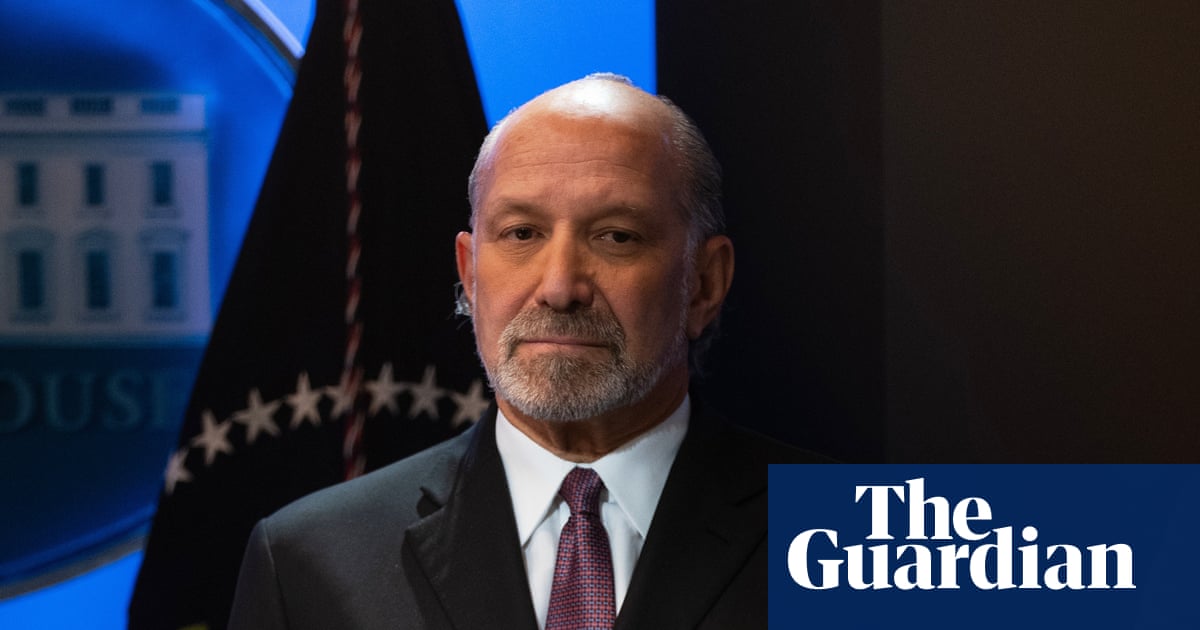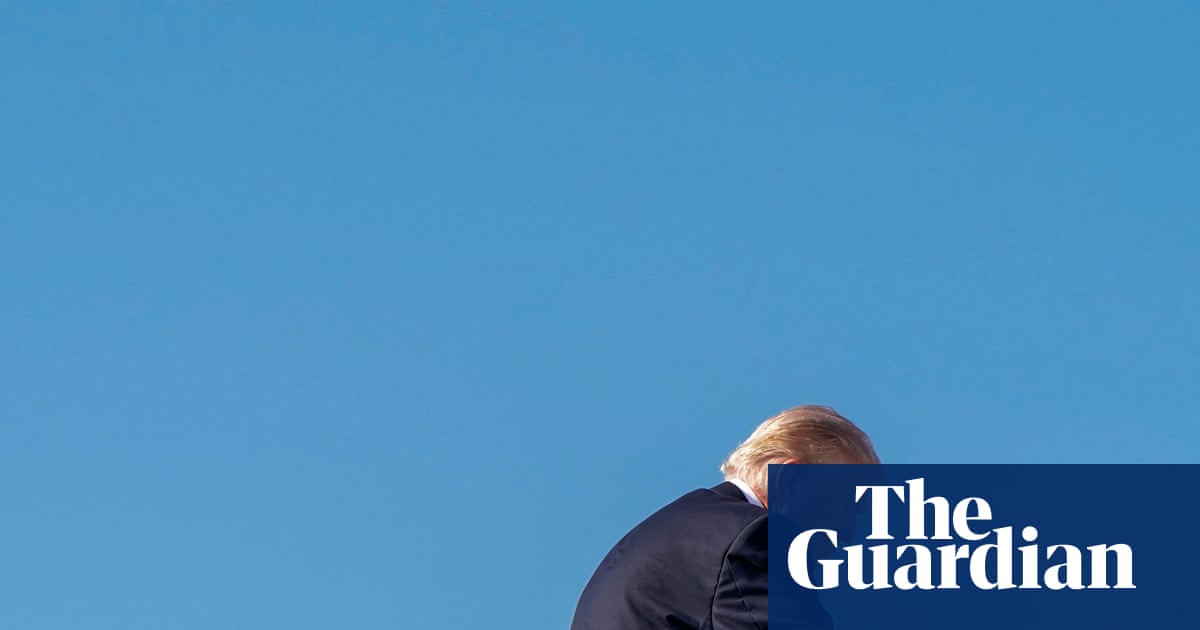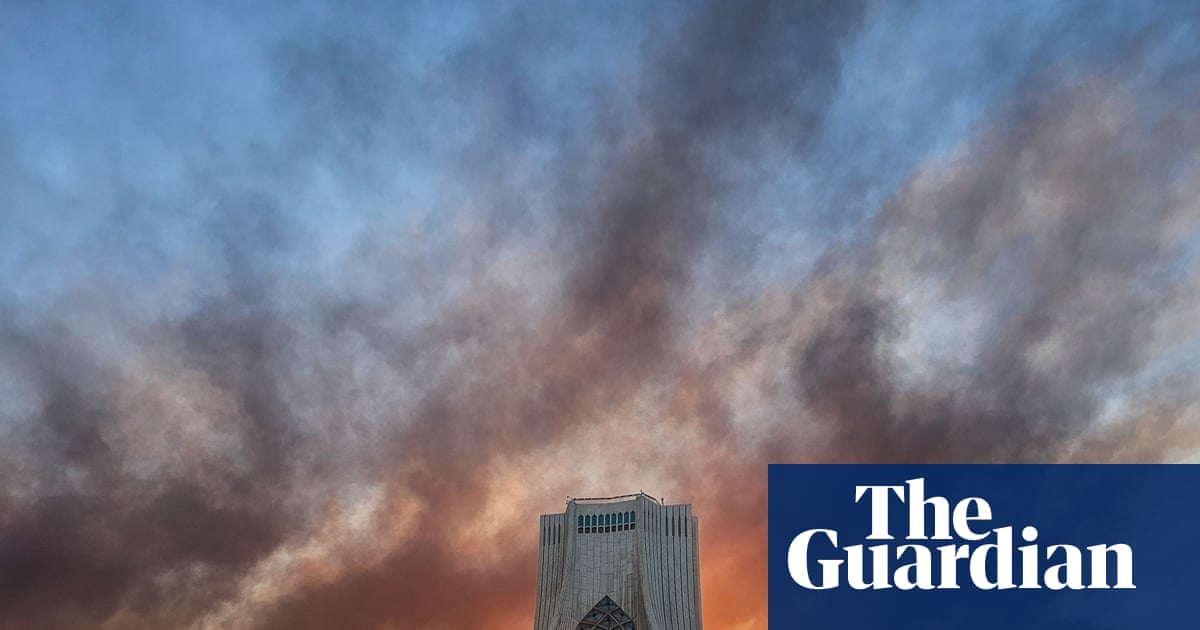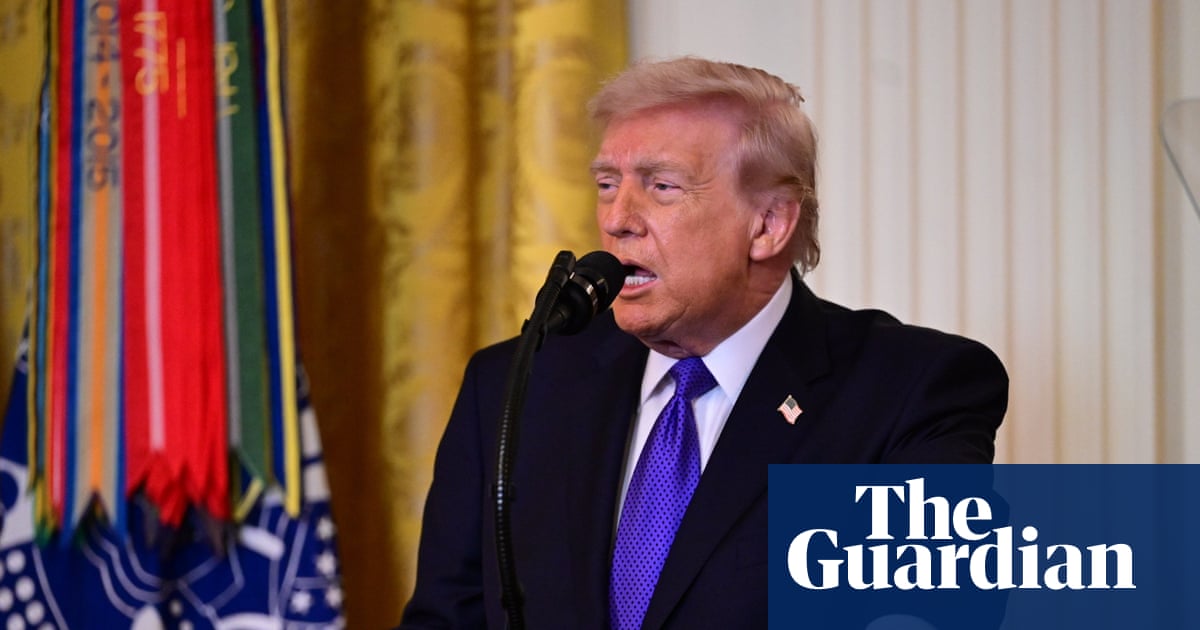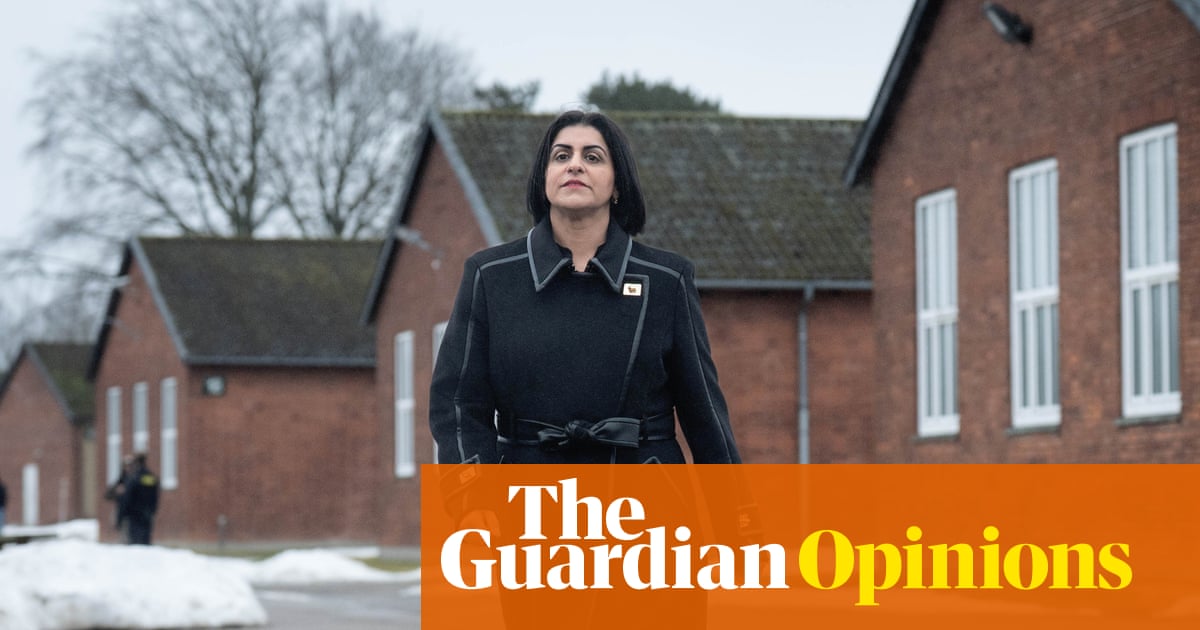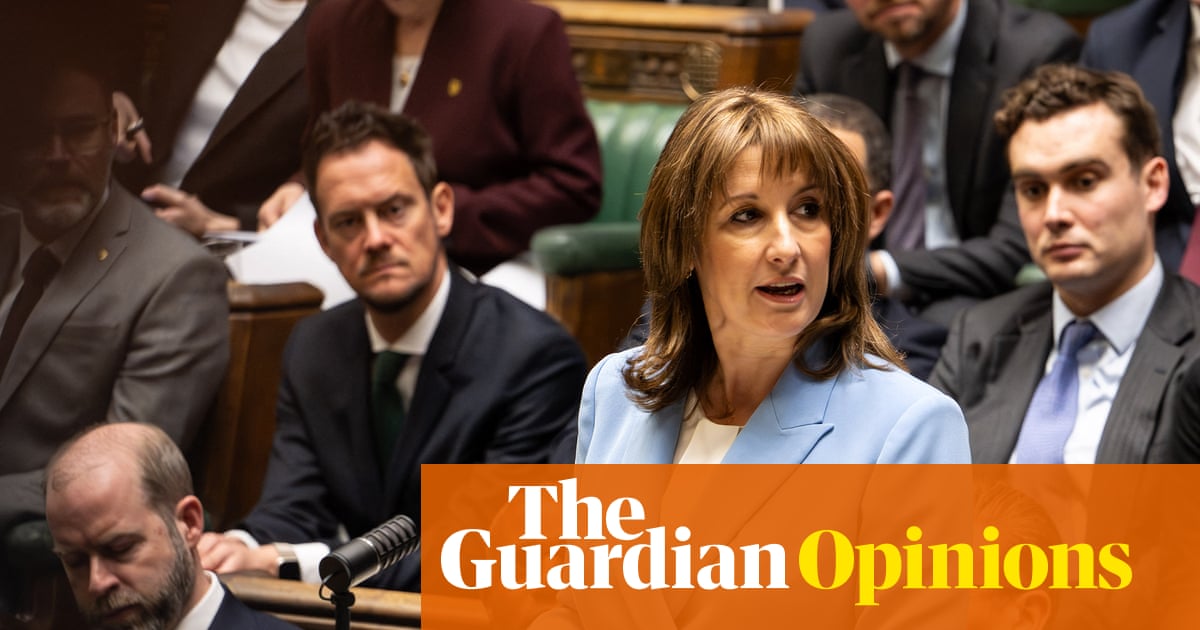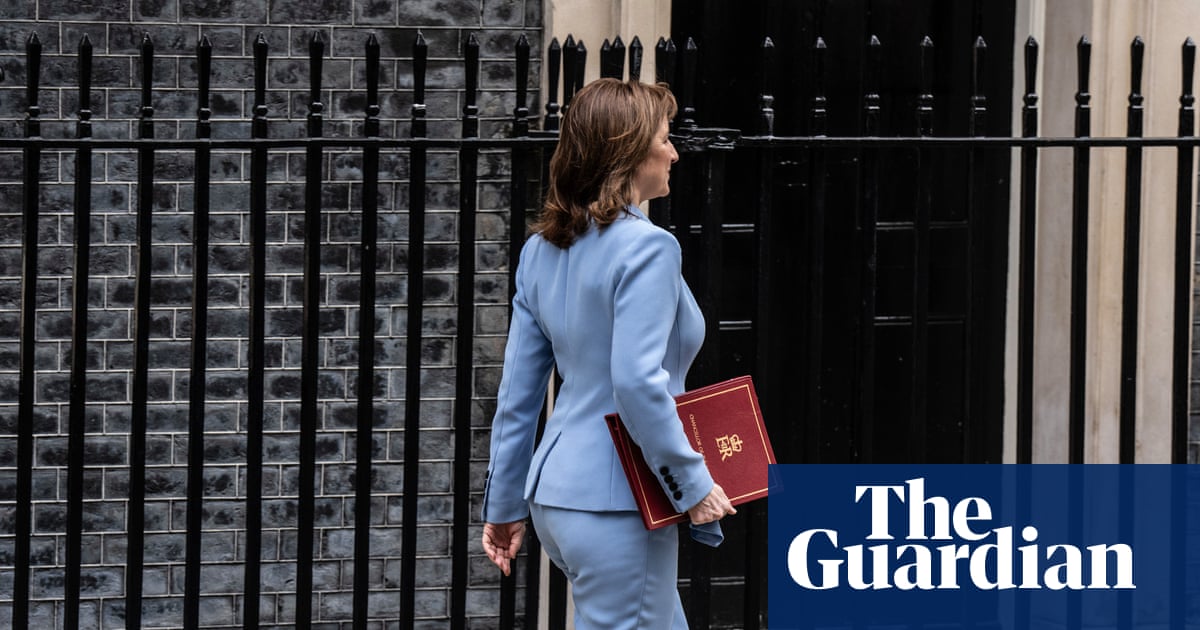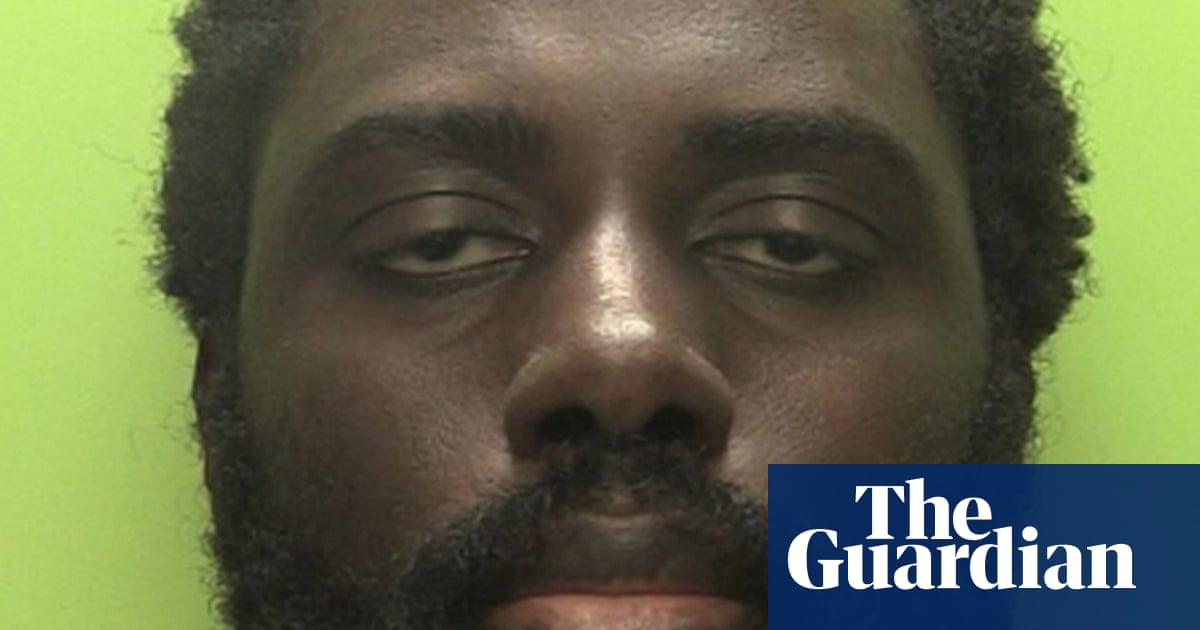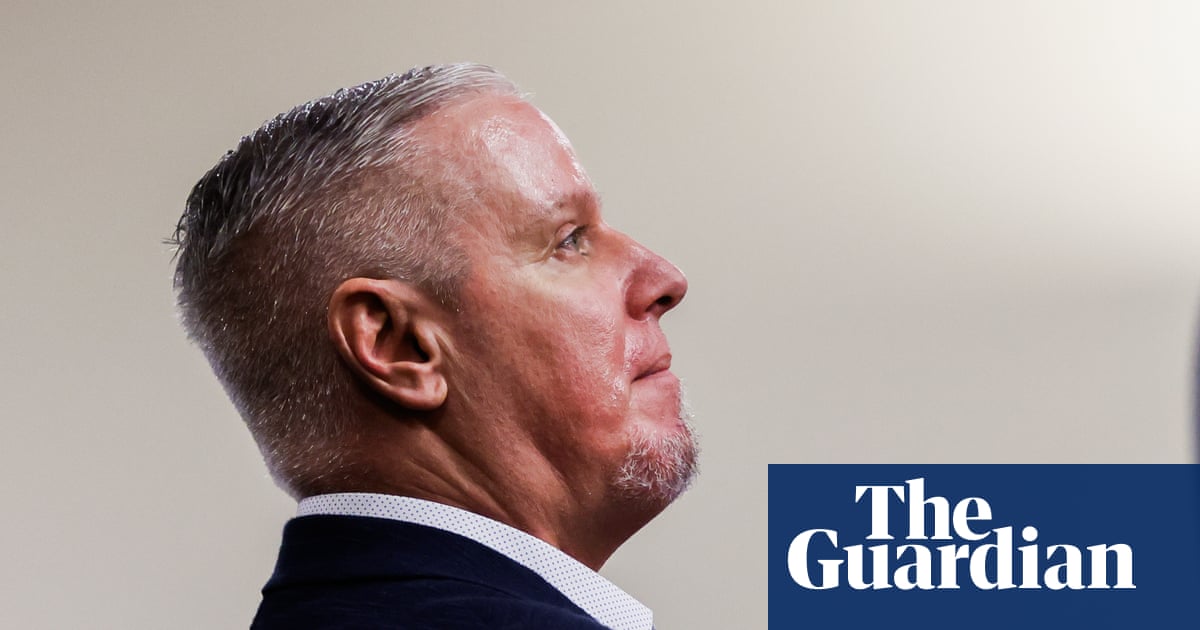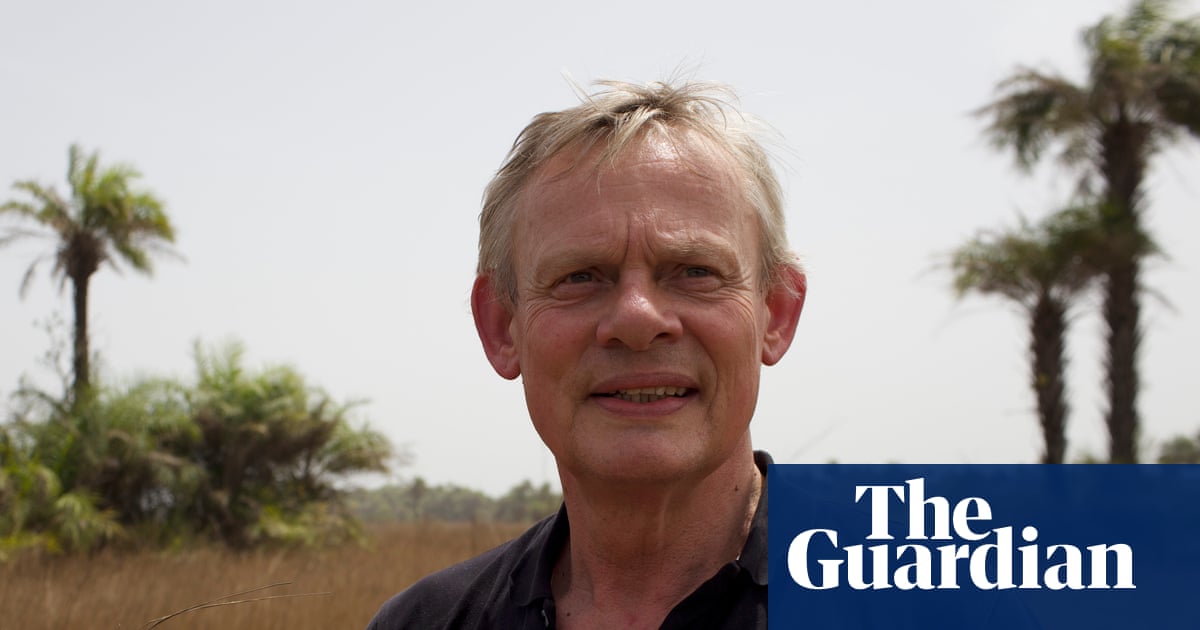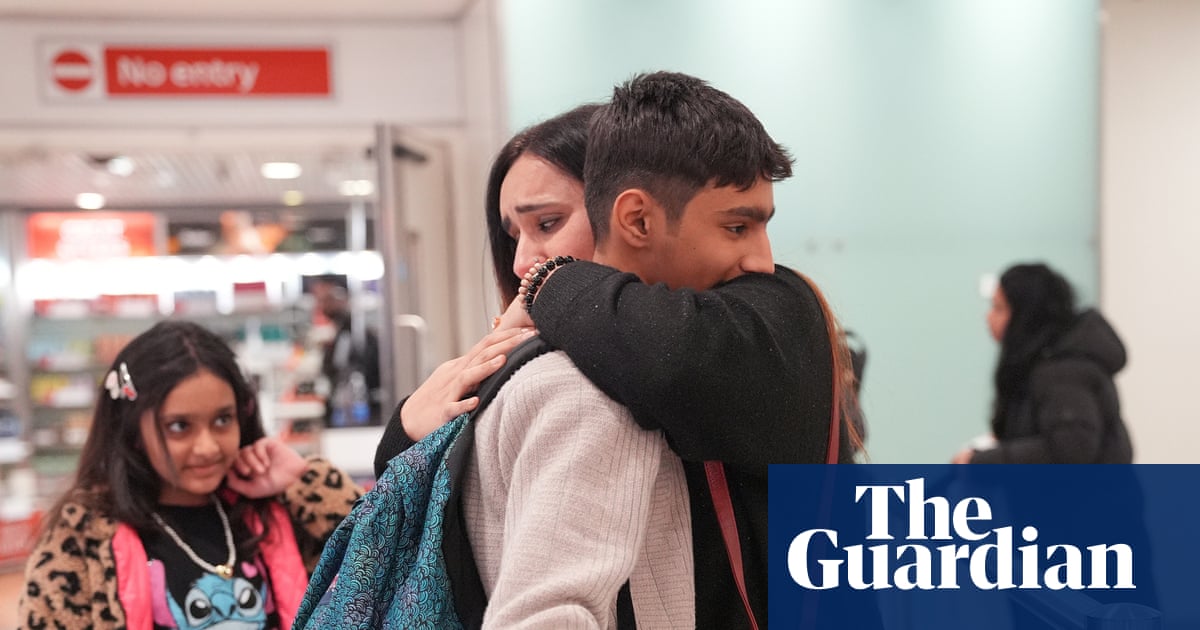A coalition of states is needed to stop the international legal order falling apart, a distinguished international academic has warned.
Oona Hathaway, the president-elect of the American Society of International Law and a former Pentagon legal adviser, said the core of the postwar global order – the prohibition on taking land by force – was under unprecedented challenge in a “scary moment” for the world.
The Yale Law School professor cited the willingness of the US government to delegitimise institutions that Washington helped create, including the international court of justice (ICJ).
Her intervention comes when the Ukraine and Gaza conflicts have generated global interest in international law possibly not seen since the Nuremberg trials after the second world war.
“There is an increased awareness that this is a really scary moment, but what will it take for people to put their differences aside and come up with something new and radical?” she said while on a visit to the UK to deliver two lectures. “I hope it does not take total collapse, but it might. I don’t know. We will see.”
Hathaway said the protection of civilians under international humanitarian law was being “eroded to the point of threatening to lose all meaning” and said a crisis of authority was looming at the ICJ. Its workload is growing, with more states seeking its opinion, but compliance with its rulings has fallen from 80% to closer to 50%. Hathaway said a delegitimised court would “put the entire system at risk”.
She said: “We are not seeing a global response to the US willingness to flout international law. It is probably time to start thinking about that.”
With the UN security council unable to enforce ICJ rulings, she proposed novel measures to allow nation states to seek compliance with court orders.
These include suspending states from UN committees, withdrawing speaking rights or even suspension from the general assembly – a punishment meted out to South Africa for refusing to comply with an ICJ order to end its occupation of Namibia in 1974.
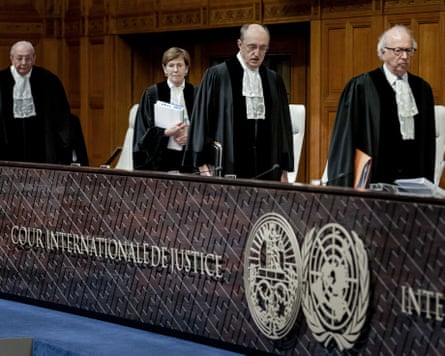
Hathaway suggested that the remit of the new Hague Group formed to enforce ICJ judgments against Israel could be expanded to cover all ICJ rulings, with non-compliance seen as a matter for all states. “The idea of a group of states getting together with the aim of using their collective power to support ICJ and international criminal court decisions is a good one,” she said.
Her central contention is that the great achievement of international law emerging from the interwar years, and coming to fruition in the 1945 UN charter, was the prohibition of the use of force for conquest, changing a centuries-old view of the legitimacy of state violence. But this is now threatened by challenges including Russia’s invasion of Ukraine, Beijing’s seizure of contested land in the South China Sea and Donald Trump’s threats to invade Greenland.
She called prohibition of forceful conquest the “foundational norm” of the international legal system, the “baseline norm on which the rest of the international legal system sits”.
The US president was one of Hathaway’s chief targets but she said politicians as a class found international law irksome. “Much of international law is about states agreeing occasionally not to think only about the short term or their self-interest because they are trying to create an arrangement that is everyone’s long-term interests,” she said.
“That makes it a problem selling international law because politicians, who are short-term minded, have then to accept some of the short-term costs. That is quite difficult. Trump can take this to an extreme. He has a very hard time imagining that people would take something seriously that actually binds them, and might require them to do something that is not in their own personal short-term self-interest. And that is one of the problems we have with Trump and international law.”
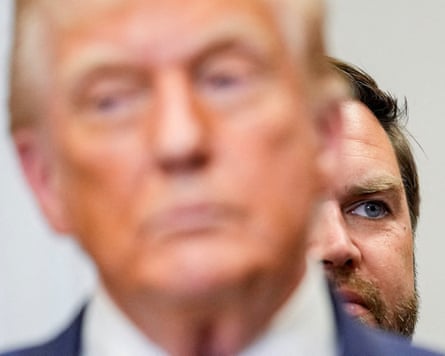
Trump was not the only member of the US administration in Hathaway’s sights. JD Vance, the vice-president, has defended “killing cartel members”, telling a critic who called an airstrike on an alleged drugs boat a war crime: “I don’t give a shit what you call it.”
She said of those undertaking these attacks: “I know they know what they are doing is wrong. If they refuse, they disobey orders. If they do it, they are violating international law and domestic law.” Real criminal liability issues might arise, she added.
From her temporary vantage point teaching in Germany, Hathaway said she had come to sense that the European view of the US was changing. “People are thinking about the world differently, recognising we relied on the US for a long time to maintain the system and expecting it to be a good actor, not always, but more or less play the parental role in the system. There is a renewed awareness that is no longer feasible and US can no longer be relied upon.”
She blamed a weakening of the protections given to civilians in conflict on US conduct since the “war on terror”. Civilians, she suggested, were increasingly locked in “a revolving door” where one minute they were protected by the laws of war and the next they were deemed as directly participating in conflict.
A Ukrainian could be deemed to be participating in war if they, for example, downloaded an app to monitor Russian troop movements, responded to a crowdsourced effort to buy weapons or resisted a Russian cyber-attack, she said. Taken alongside the new willingness to define civilians as legitimate targets when inside “dual-use facilities”, she said the definition of protection for civilians had eroded to the point where it was losing all meaning.
She said those choosing targets should be asked to consider the cumulative impact of a community losing access to hospitals, which have come under attack in Ukraine and Gaza. “Destroying the first hospital is terrible, destroying the last one is catastrophic,” she said.
Hathaway admitted international law could seem “remote, esoteric, formal and complicated” but stressed prohibition on the use of force by states had made the world much more peaceful.
“It is not always totally apparent to people that they should care about what we do and why it matters,” she added. “We tend to notice international law only when it is failing so we need to try to explain its impact … otherwise people may not realise what they have until they lose it.”

 3 months ago
91
3 months ago
91

